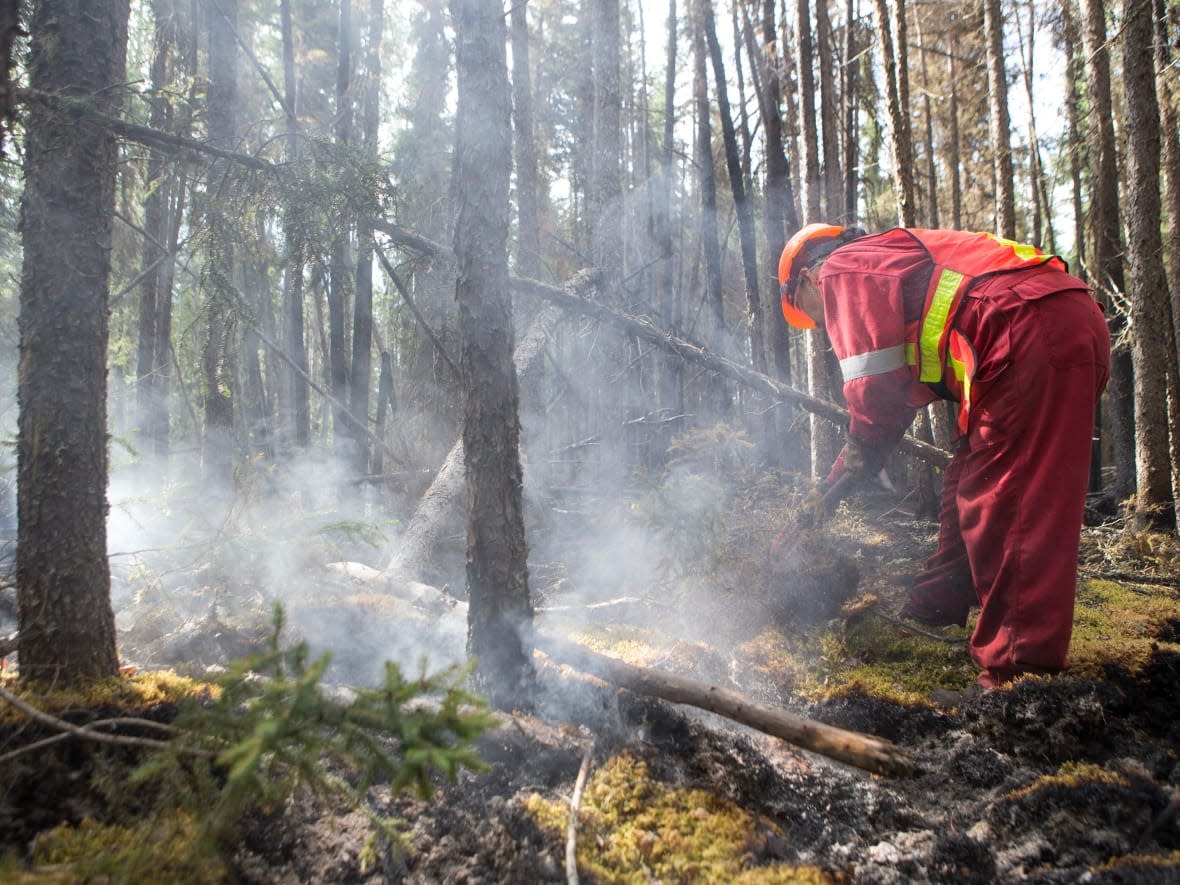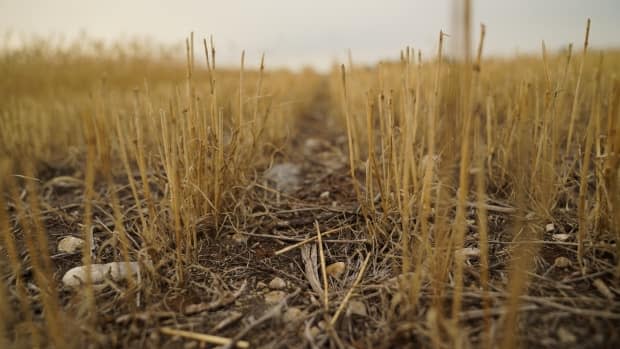Several Sask. communities lift evacuation orders after wildfires deemed contained

Several communities in Saskatchewan have lifted their evacuation orders Sunday as large nearby wildfires have been contained.
The Saskatchewan Public Safety Agency (SPSA) was monitoring three particular wildfires, labelled Local, Saulteaux and Rocky. The fires had forced residents from communities such as La Loche, Sask., and Saulteaux First Nation to evacuate their homes, seeking refuge in places like Regina, Prince Albert and Lloydminster, among others.
Each fire was classified as contained and no longer of note as of 11 a.m. Sunday, according to a bulletin issued by the SPSA intelligence and situational awareness unit. As a result, communities are lifting their evacuation orders.
"All support entities or volunteers have now departed the scene. Families who were evacuated are currently en route back home," says a memo posted on the Saulteaux First Nation Facebook page.
The Saulteaux wildfire, which consisted of multiple fires burning west of Cochin, Sask., near Saulteaux First Nation and Moosomin First Nation, had grown up to 5,000 hectares, according to the SPSA.
The memo Saulteaux First Nation posted, however, suggested that all fires near the reserve were extinguished as of Sunday morning.
More than 100 people were evacuated from Saulteaux First Nation, located about 155 kilometres northwest of Saskatoon.
During the course of the firefighting, the federal government issued a "do not consume" water advisory, suspending water treatment plant operations to maintain the water reservoir supply for firefighters.
La Loche, Clearwater River Dene Nation lift evacuation orders
The Northern Village of La Loche has ended its state of local emergency, following a meeting with emergency personnel Sunday morning.
The Local wildfire, burning north of La Loche and south of Clearwater River Dene Nation, had grown to 266 hectares, but has since been contained, according to Sunday's SPSA bulletin.
Many residents from both communities were displaced after each issued evacuation orders earlier this week.
The evacuation order for La Loche residents is lifted through the village terminating its state of local emergency, according to a Facebook post from the community. Evacuees in Regina are scheduled to leave the capital city by bus Sunday evening and arrive home Monday morning.
"I'm thrilled," Mayor Georgina Jolibois told CBC News. "The community is extremely happy to hear the news of the evacuation being lifted."
The decision was made collectively after aerial footage showed hot spots were extinguished, she said, but the footage also showed how close the fire had gotten.
"If it wasn't for quick decision-making ... we would literally have lost two neighbourhoods," Jolibois said.
"The fire was literally at their doorstep."
The evacuation order for Clearwater River Dene Nation has also been lifted, the community said on Facebook. People who left on their own can start returning Monday, while those who evacuated by bus will start returning home Tuesday.
The news comes a day after leadership from both communities urged residents to abide the fire ban, after resources had to be diverted from the ongoing wildfire to extinguish a fire at the local dump.
On Saturday, the Northern Village of La Loche posted on its Facebook page that there are to be no fires, suggesting someone had been burning garbage at the dump and the fire got out of their control.
"For whatever reason — old habits, or people just doing what they're doing — decided to light that on fire," Clearwater River Dene Nation band Coun. Roy Cheecham told CBC News Saturday.
"It should not be hard to figure out that fires shouldn't be lit right now, no matter what people are doing."
The wind was the same as Day 1 of the wildfire and most residents live downwind from where the fire was lit, Cheecham explained. The community is also surrounded by bush.
"If it caught and it took off on us, we have no resources in those areas," he said.
Cheecham urged people to stay home unless absolutely necessary to leave, in part so fire crews don't have to navigate through traffic.
Anyone with concerns or seeking an update on the fire situation should contact local officials, he said.
Forecast 'not good news' for fires: meteorologist
The forecast does not bode well for battling wildfires, as warmer temperatures and little precipitation is expected, said Environment Canada meteorologist Chris Stammers.
The federal weather agency predicts "spotty" chances of rain over the next few days, temperatures are expected to reach the upper 20s for much of northern Saskatchewan by mid-week and the wind may start blowing from the west, Stammers said.

"Overall, not good news for the fire situation across the province," he said.
"They call it crossover conditions, where your high temperature is warmer than your relative humidity ... and that's usually a really bad fire situation."
As of 5 p.m. Sunday, the SPSA reported 15 active wildfires throughout Saskatchewan: 10 were contained, four were not, and one was still being assessed.
The agency has reported 87 wildfires so far this year — nearly double the running five-year average of 45, data shows.
Environment Canada's fire danger map — a relative index of how easily a wildfire could start, how hard it would be to control and the damage a fire could cause — suggests there is an extreme risk in northwestern and central Saskatchewan Sunday.
There is a high risk for almost the rest of the province, except the southwestern corner, the map shows.
Fire bans are currently in place for much of central and western Saskatchewan, according to the province's fire ban map.


